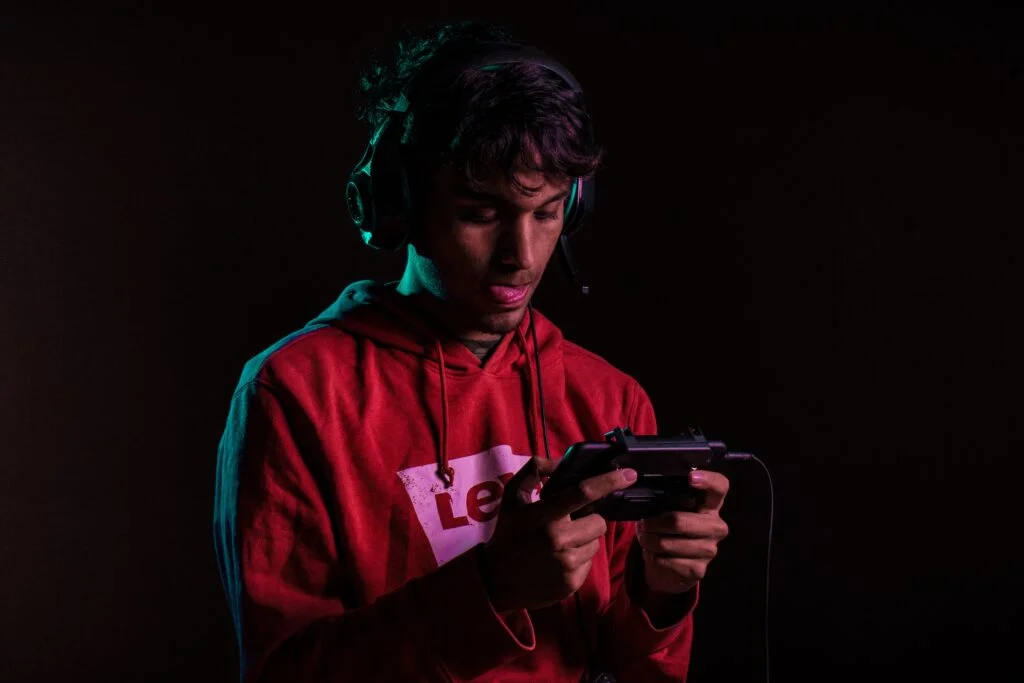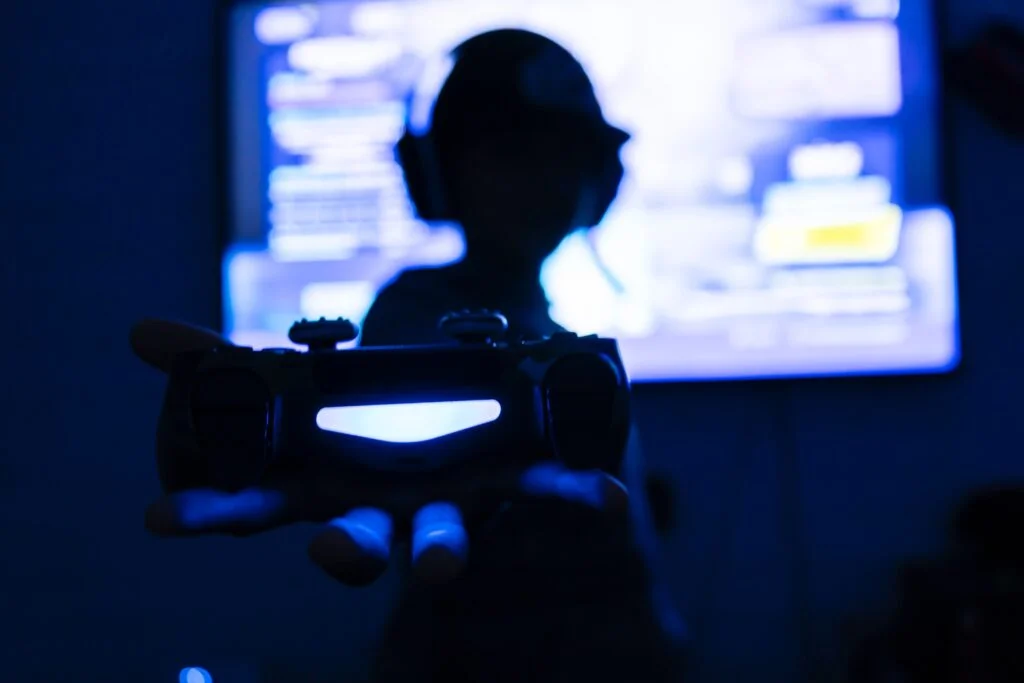“Last year, an investigation by the UK Information Commissioner’s Office revealed that a popular game had left millions of players’ personal information exposed to hackers.
The app was found to have inadequate security measures and had shared players’ sensitive data with third-party companies without their consent. As a result, the app was fined £250,000 for failing to protect users’ data and failing to properly inform them about how it was being used.” (Source: ICO Website)
Online gaming can be a great way to pass the time, but there are some potential risks that parents and gamers should be aware of. From inappropriate content to game items that can cost real money, it’s important to understand the dangers associated with online gaming. So, read completely to understand what are the risks of online gaming, how it traps your children, and how as parents you can prevent such things from happening.
What are the Risks of Online Gaming?
1. Addiction
People can become so immersed in the game that they neglect their daily responsibilities, such as studying or going to work, and even isolate themselves from their families or friends.
In extreme cases, some gamers may suffer from withdrawal symptoms when not playing. It’s best to set rules and limits to ensure that gaming remains a fun activity.
2. Social Isolation
It’s not uncommon for gamers to withdraw from their social circles and become isolated when playing online games. This can be especially true if the game allows players to interact with each other. They may spend more time gaming than interacting with friends and family, as well as neglecting important responsibilities. It’s important to keep an eye on the amount of time your child or teen spends playing games.
3. Physical Health Issues
It’s not just the risk of addiction that comes with online gaming. Prolonged use of electronic devices can also lead to physical problems like neck and back pain, carpal tunnel syndrome, fatigue, and eyestrain.
Eye strain is a common issue for gamers who spend long hours in front of a screen as it can cause headaches, blurry vision, and dry eyes.

4. Sleep Disturbances
Excessive gaming can lead to late nights and a lack of sleep, which can have a serious impact on your overall health.
It’s important to ensure that your child or teen gets enough rest, as it helps them focus better during the day and improves their mental and physical well-being. Try to set limits for how long they spend playing games each day, and make sure that they get at least eight hours of sleep every night.
5. Cyberbullying
Online gaming can also be a platform for cyberbullying, which is the use of technology to harass, threaten, or intimidate someone.
Cyberbullies often target gamers who are weaker or less experienced than them and may spread false rumours or post derogatory content about them online. This can have serious psychological effects on the victim and can lead to depression and anxiety.
6. Exposure to Inappropriate Content
Online gaming can also expose kids to inappropriate content, such as explicit language, violent themes, and even sexual material. This can be especially true if the game has a chat feature or allows players to create their content.
To make sure that your child is playing age-appropriate games and not exposed to inappropriate content, it’s important to review the game’s ratings and read user reviews before allowing them to play.
You should also be aware of what chat features are available in the game and take steps to limit their use if necessary. Additionally, you can use parental control settings on gaming devices to block certain types of content.
7. Impaired Academic or Professional Performance
The hours spent gaming can quickly add up, and this can have a serious impact on your child or teen’s academic performance. Excessive gaming can lead to poor grades as well as an inability to focus in school. It can also lead to impaired performance in the workplace if they’re spending too much time playing games instead of focusing on their job duties.
It’s important to make sure that your child is using their time wisely and not letting gaming take over their lives. Set limits for how much time they spend playing each day and make sure that they are still completing all of their responsibilities, both at home and at school or work.
8. Financial Consequences
Online gaming can also have financial consequences, as many games require players to purchase in-game items or pay for virtual currency.
These purchases can add up quickly and lead to significant costs over time. It’s important to keep track of any spending related to your child’s online gaming activity so that you can ensure they are not getting into financial trouble.
If your child does end up with a large credit card bill due to gaming purchases, it’s important to sit down with them and talk about the importance of budgeting and fiscal responsibility. Help them understand how their actions have consequences, and encourage them to make smarter decisions in the future.

9. Gaming-Related Injuries
This can include neck and back pain from poor seating position or repetitive strain injuries due to overuse of certain muscles. Additionally, some players may experience eyestrain from focusing on the screen for too long.
To help prevent these kinds of injuries, it’s important to take regular breaks while gaming and make sure that you’re sitting in an ergonomic chair with good lumbar support. You should also try to keep your gaming sessions to no more than an hour at a time.
10. Online Predators
There are an estimated 500,000 active online predators active each day. Online predators are always a concern when it comes to online gaming. Because many games allow players to communicate with one another, they can be vulnerable to predators who are looking for victims. Predators may attempt to befriend kids or teens on the game and then use that connection to try and meet in person or exchange inappropriate content.
Outro: What Parents Can do to Avoid Online Gaming Affecting their Children
It’s important for parents to be aware of the risks of online gaming and to take proactive steps to protect their children from potential harm.
- Parents should make sure their child has parental controls in place on any gaming console or computer they use, as well as have conversations about staying safe online and using passwords.
- Parents should also monitor game purchases and game currency, including whether the games require real money or credit cards to purchase items. video games can sometimes include sexual content, so parents need to be aware of this and talk with their children about what is appropriate to play.
- Spending too much time playing games can lead to physical health issues such as poor posture, fatigue, and eye strain. It can also interfere with day-to-day activities such as schoolwork or hobbies. Parents should set limits on gameplay and encourage their children to take regular breaks from the screen.
- Online games also have chat functions which can be a platform for cyberbullying or malicious behavior. Many games also have in-game purchases which could cost real money or require credit cards to purchase items. Parents should look out for these and remind their children not to share any personal information or banking details when playing.








